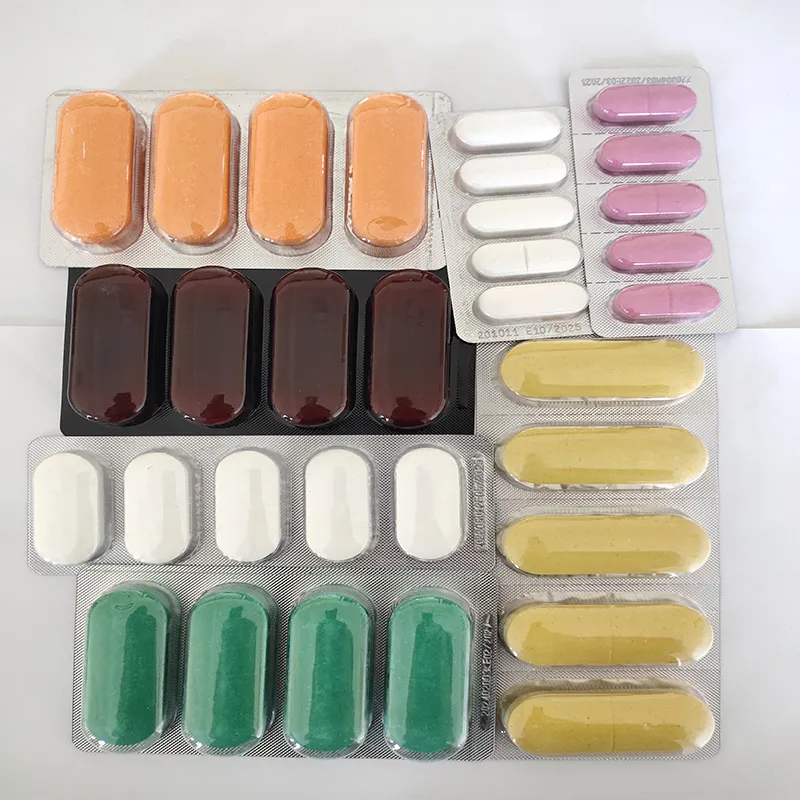- Afrikaans
- Albanian
- Amharic
- Arabic
- Armenian
- Azerbaijani
- Basque
- Belarusian
- Bengali
- Bosnian
- Bulgarian
- Catalan
- Cebuano
- Corsican
- Croatian
- Czech
- Danish
- Dutch
- English
- Esperanto
- Estonian
- Finnish
- French
- Frisian
- Galician
- Georgian
- German
- Greek
- Gujarati
- Haitian Creole
- hausa
- hawaiian
- Hebrew
- Hindi
- Miao
- Hungarian
- Icelandic
- igbo
- Indonesian
- irish
- Italian
- Japanese
- Javanese
- Kannada
- kazakh
- Khmer
- Rwandese
- Korean
- Kurdish
- Kyrgyz
- Lao
- Latin
- Latvian
- Lithuanian
- Luxembourgish
- Macedonian
- Malgashi
- Malay
- Malayalam
- Maltese
- Maori
- Marathi
- Mongolian
- Myanmar
- Nepali
- Norwegian
- Norwegian
- Occitan
- Pashto
- Persian
- Polish
- Portuguese
- Punjabi
- Romanian
- Russian
- Samoan
- Scottish Gaelic
- Serbian
- Sesotho
- Shona
- Sindhi
- Sinhala
- Slovak
- Slovenian
- Somali
- Spanish
- Sundanese
- Swahili
- Swedish
- Tagalog
- Tajik
- Tamil
- Tatar
- Telugu
- Thai
- Turkish
- Turkmen
- Ukrainian
- Urdu
- Uighur
- Uzbek
- Vietnamese
- Welsh
- Bantu
- Yiddish
- Yoruba
- Zulu
8 月 . 19, 2024 23:45 Back to list
Best Treatments for Upper Respiratory Infections to Relieve Symptoms Effectively and Quickly
What is the Best Medicine for Upper Respiratory Infection?
Upper respiratory infections (URIs), commonly known as the common cold, are among the most frequent ailments affecting people worldwide. These infections primarily involve the nasal cavity, sinuses, pharynx, and larynx, and typically manifest with symptoms such as a sore throat, nasal congestion, cough, sneezing, and general malaise. While URIs are usually self-limiting, their symptoms can be bothersome, leading many to seek relief through medication. Understanding the best medicines for managing upper respiratory infections can help alleviate symptoms and promote recovery.
Over-the-Counter Medications
When it comes to treating URIs, a variety of over-the-counter (OTC) medications can provide significant relief. Many people turn to decongestants, antihistamines, and pain relievers. Decongestants, such as pseudoephedrine (Sudafed), can reduce nasal congestion by shrinking swollen blood vessels in the nasal passages. They are particularly effective when dealing with symptoms of nasal congestion and sinus pressure.
Antihistamines like diphenhydramine (Benadryl) and loratadine (Claritin) are beneficial if the URI is accompanied by allergy symptoms like sneezing or runny nose. These medications work by blocking the action of histamine, a chemical produced by the body during an allergic reaction, and can help to reduce these irritating symptoms.
Pain relievers like acetaminophen (Tylenol) or ibuprofen (Advil) can help alleviate sore throat and body aches often associated with URIs. These medications not only help with pain but can also reduce fever when necessary. It’s important to use these medications as directed, as overuse or mismanagement can lead to adverse effects.
Cough Suppressants and Expectorants
what is the best medicine for upper respiratory infection

Coughing can be one of the most disruptive symptoms of an upper respiratory infection. Cough suppressants such as dextromethorphan (Robitussin DM) work by blocking the cough reflex in the brain, providing temporary relief from persistent coughing. However, it’s essential to note that if phlegm is present, it may be better to avoid cough suppressants and instead use expectorants like guaifenesin (Mucinex). Expectorants help thin and loosen mucus in the airways, making it easier to expel through coughing, thereby promoting clearer air passages.
Natural Remedies
In addition to conventional medications, several natural remedies may assist in managing URI symptoms. Honey has been shown to be effective in soothing sore throats and reducing cough, particularly in children over one year of age. Warm liquids, such as herbal teas or broths, can provide comfort and hydration, helping to alleviate throat irritation and congestion.
Moreover, vitamin C supplements and zinc lozenges may help to shorten the duration of a URI. Some studies suggest that regular consumption of vitamin C may slightly reduce the severity and duration of cold symptoms.
Conclusion
In summary, while upper respiratory infections are commonly self-limiting, various medications can provide significant relief from symptoms. Over-the-counter decongestants, antihistamines, pain relievers, cough suppressants, and expectorants are all viable options depending on the symptoms presented. Natural remedies, including honey and vitamin C, may also complement treatment. It is important, however, to consult with a healthcare professional, especially when symptoms worsen or persist, to rule out more serious conditions. Remember, the best approach combines proper medication with rest, hydration, and a healthy diet to support your immune system during recovery.
-
The Power of Radix Isatidis Extract for Your Health and Wellness
NewsOct.29,2024
-
Neomycin Sulfate Soluble Powder: A Versatile Solution for Pet Health
NewsOct.29,2024
-
Lincomycin Hydrochloride Soluble Powder – The Essential Solution
NewsOct.29,2024
-
Garamycin Gentamicin Sulfate for Effective Infection Control
NewsOct.29,2024
-
Doxycycline Hyclate Soluble Powder: Your Antibiotic Needs
NewsOct.29,2024
-
Tilmicosin Premix: The Ultimate Solution for Poultry Health
NewsOct.29,2024













